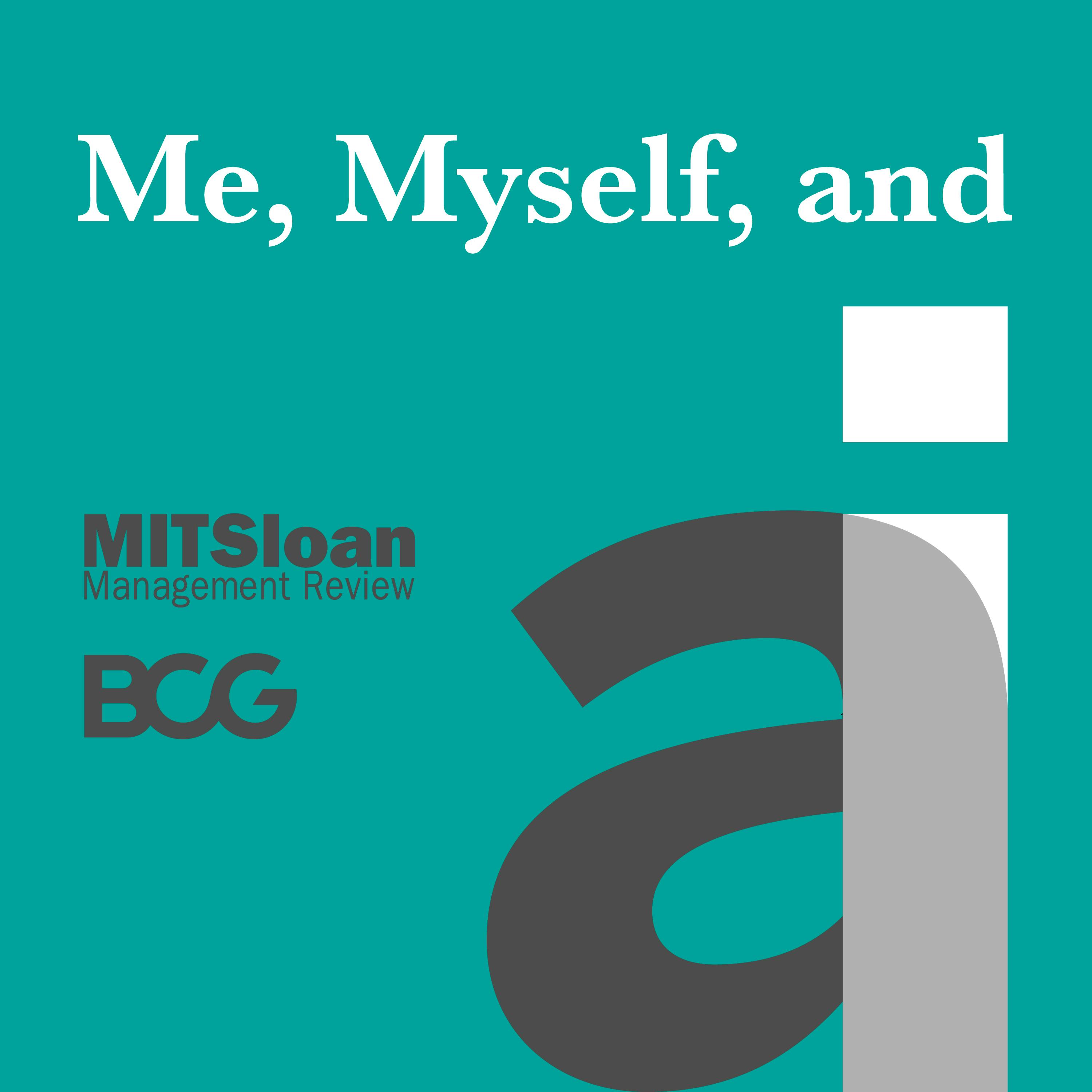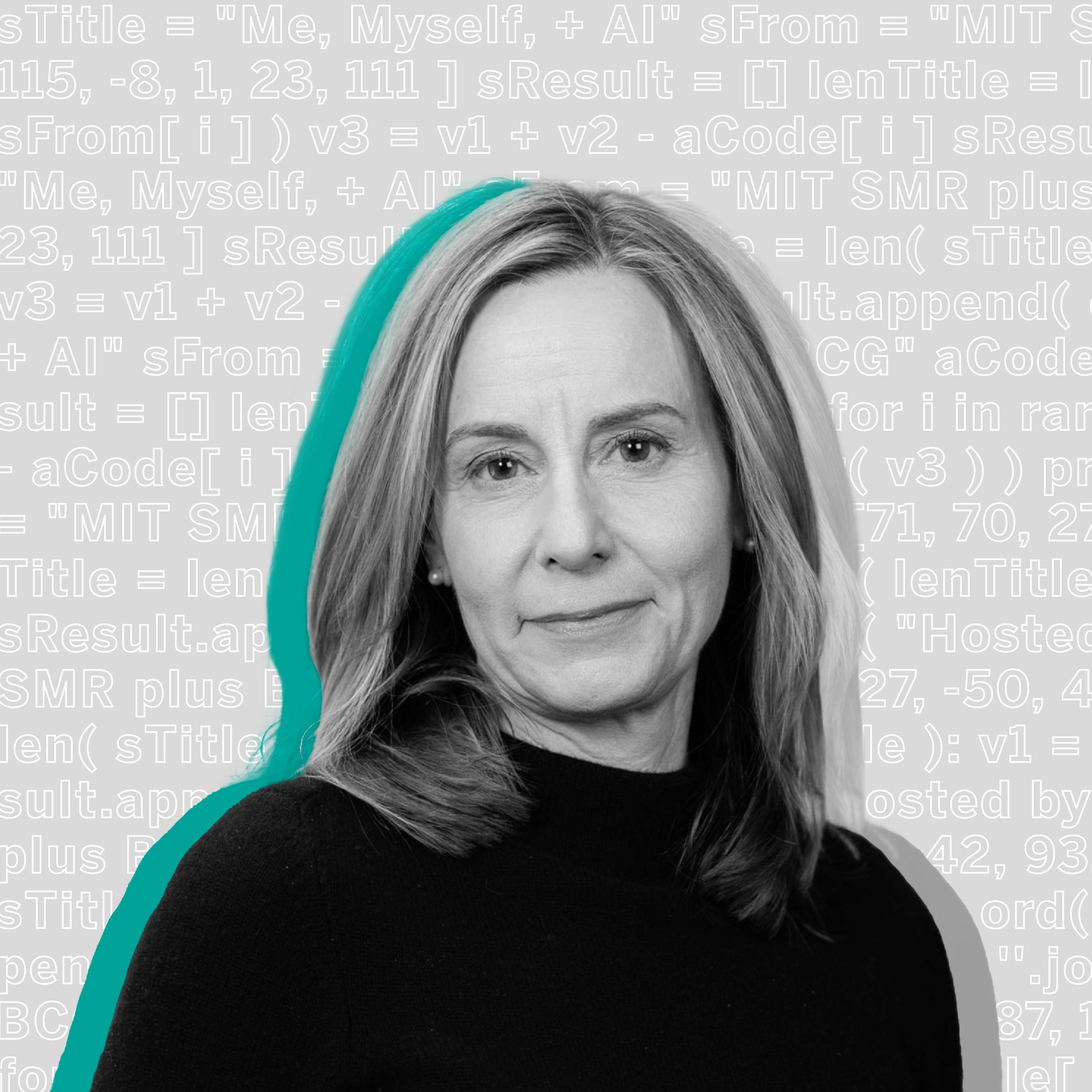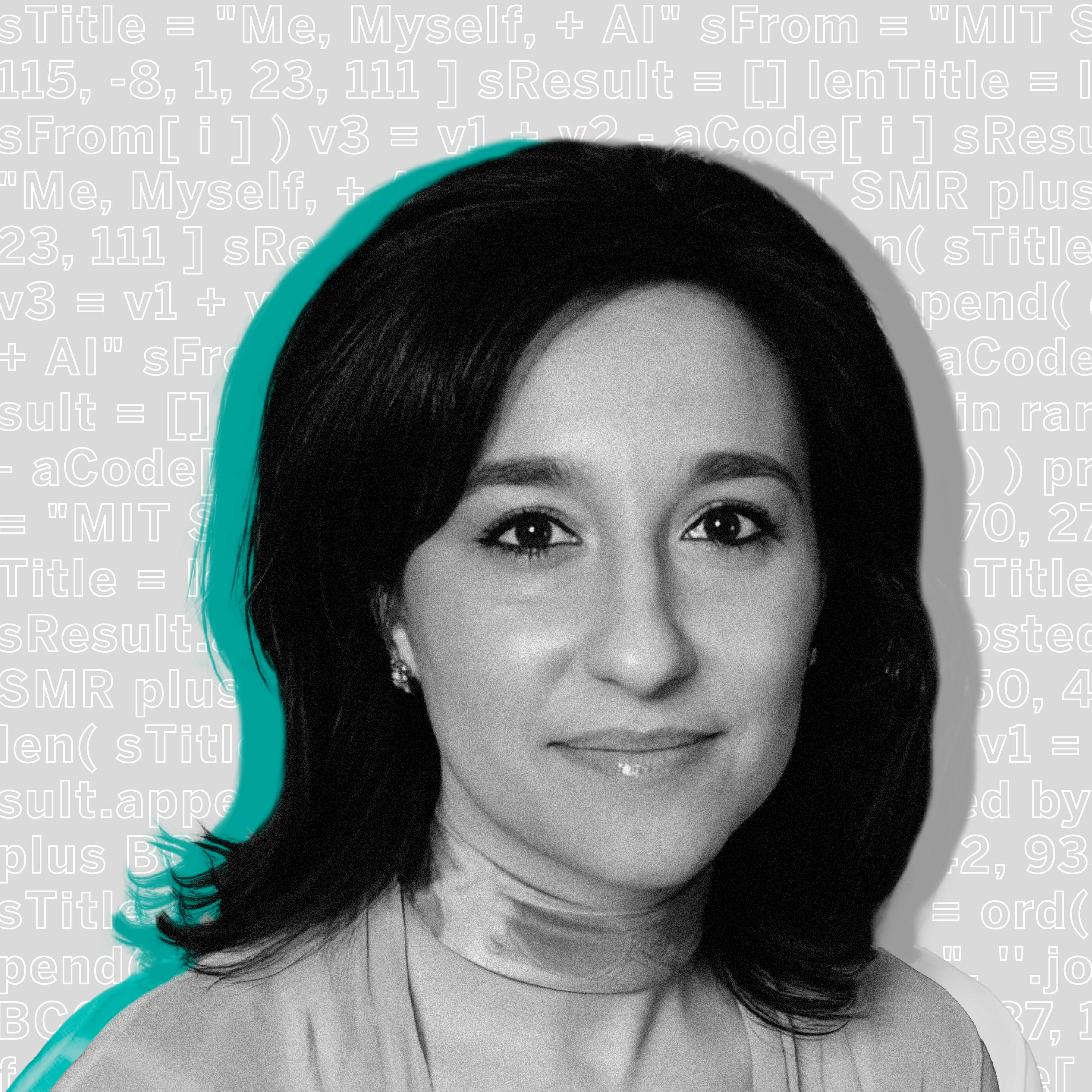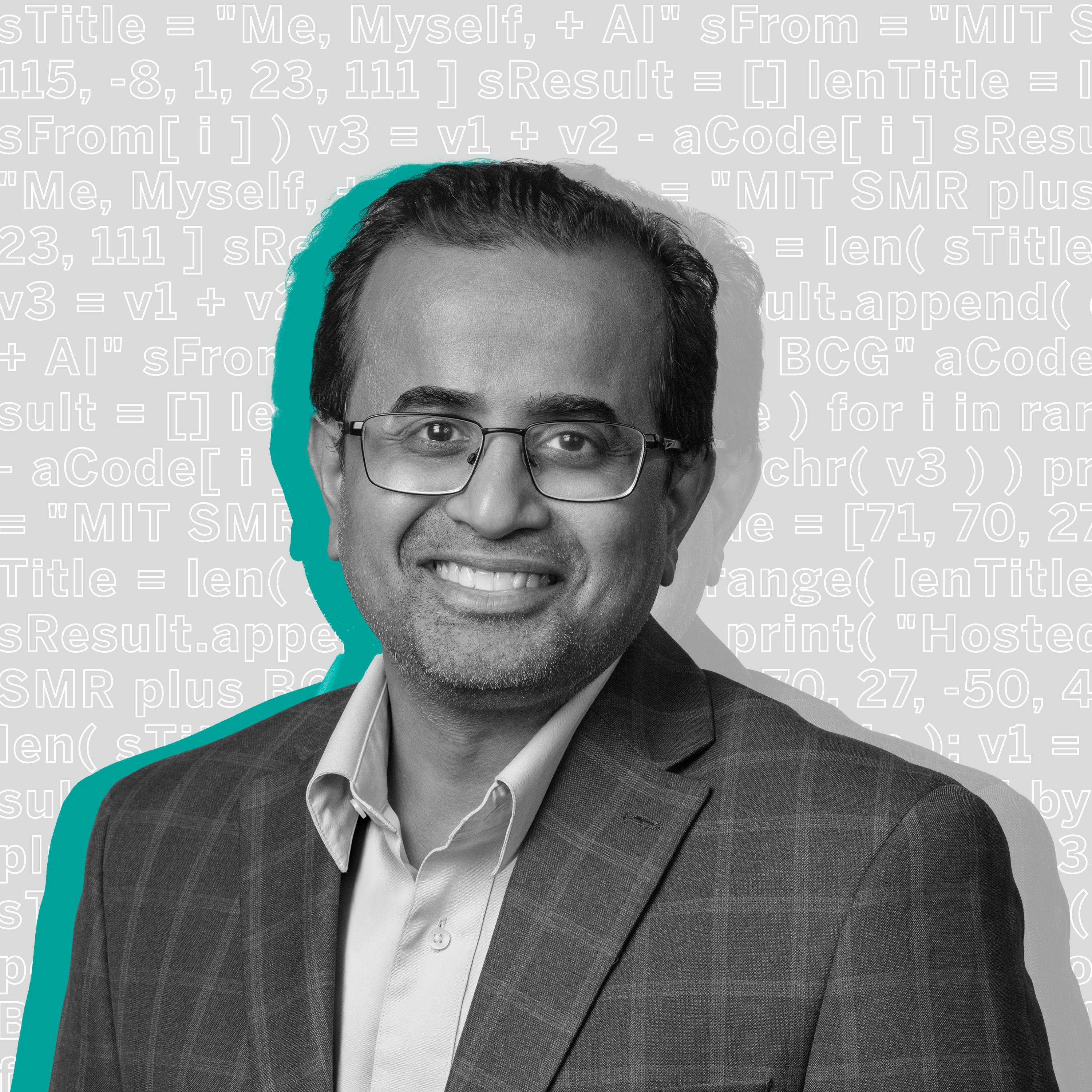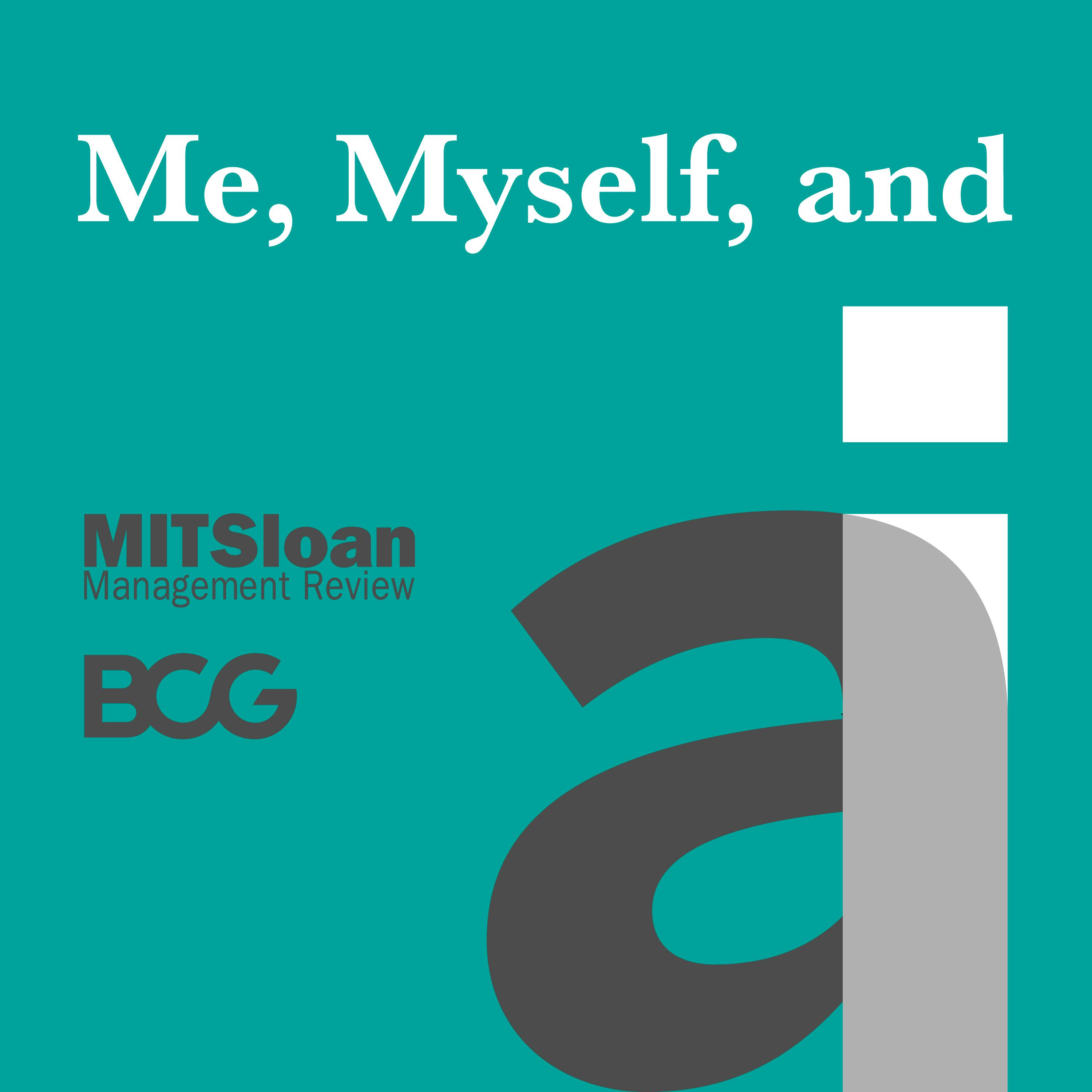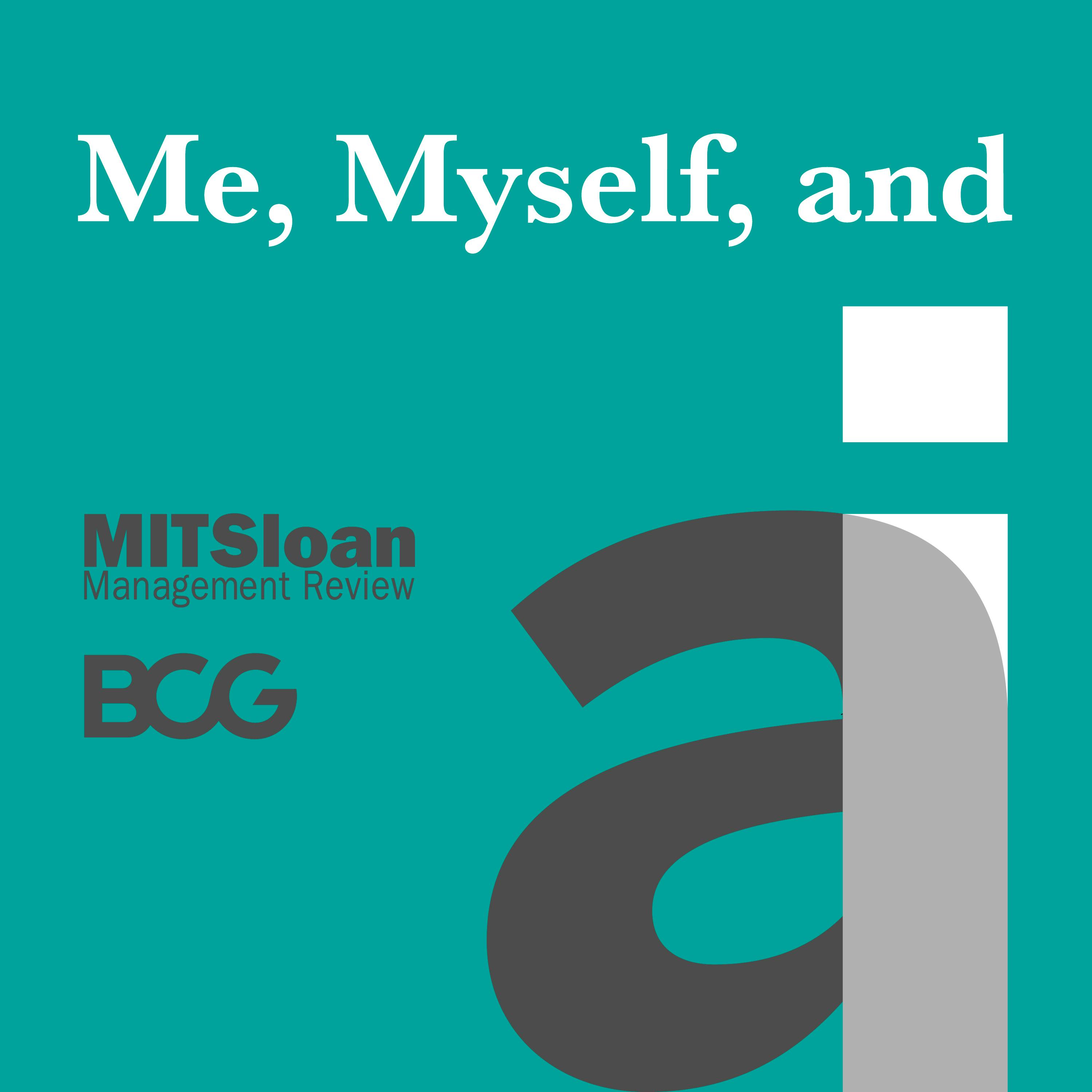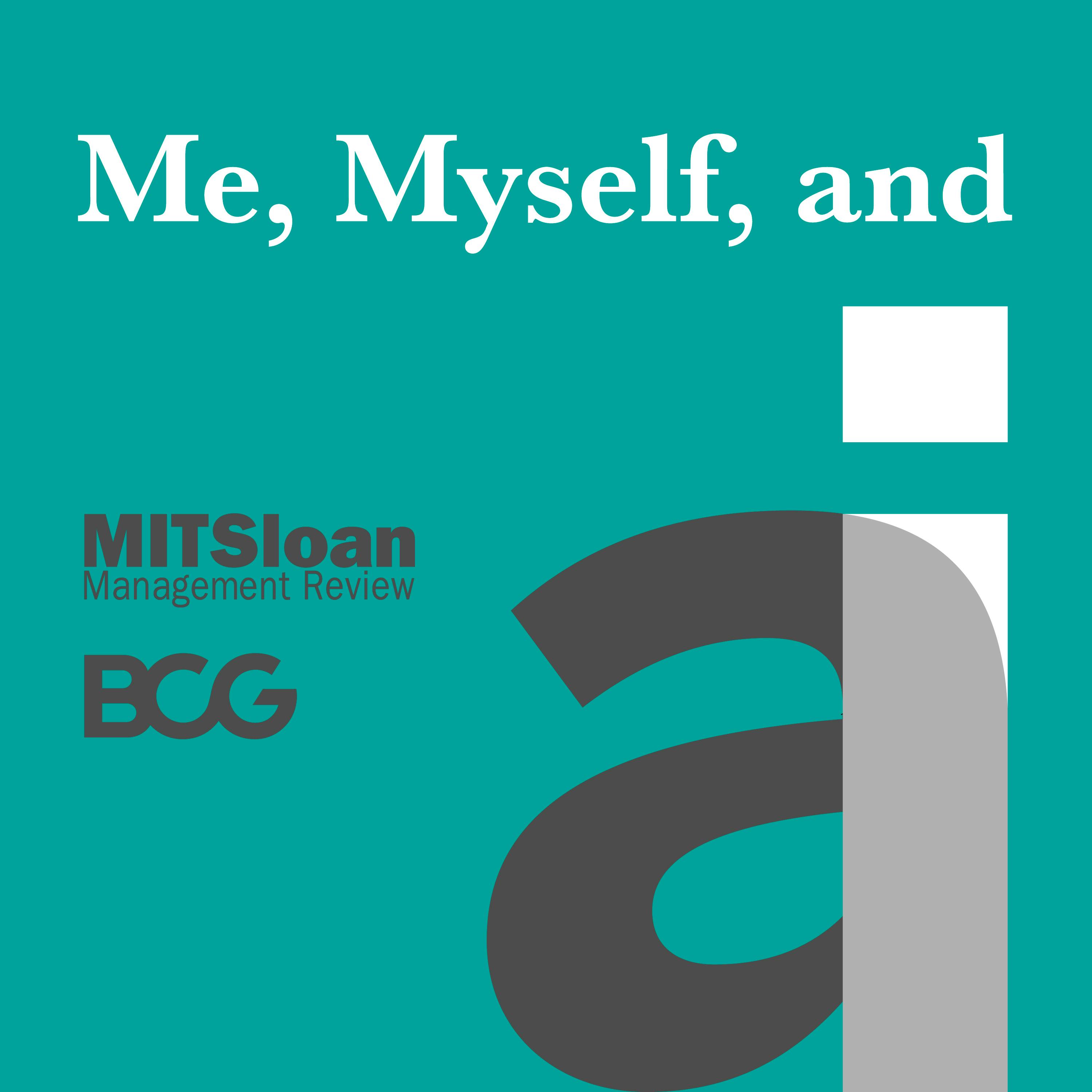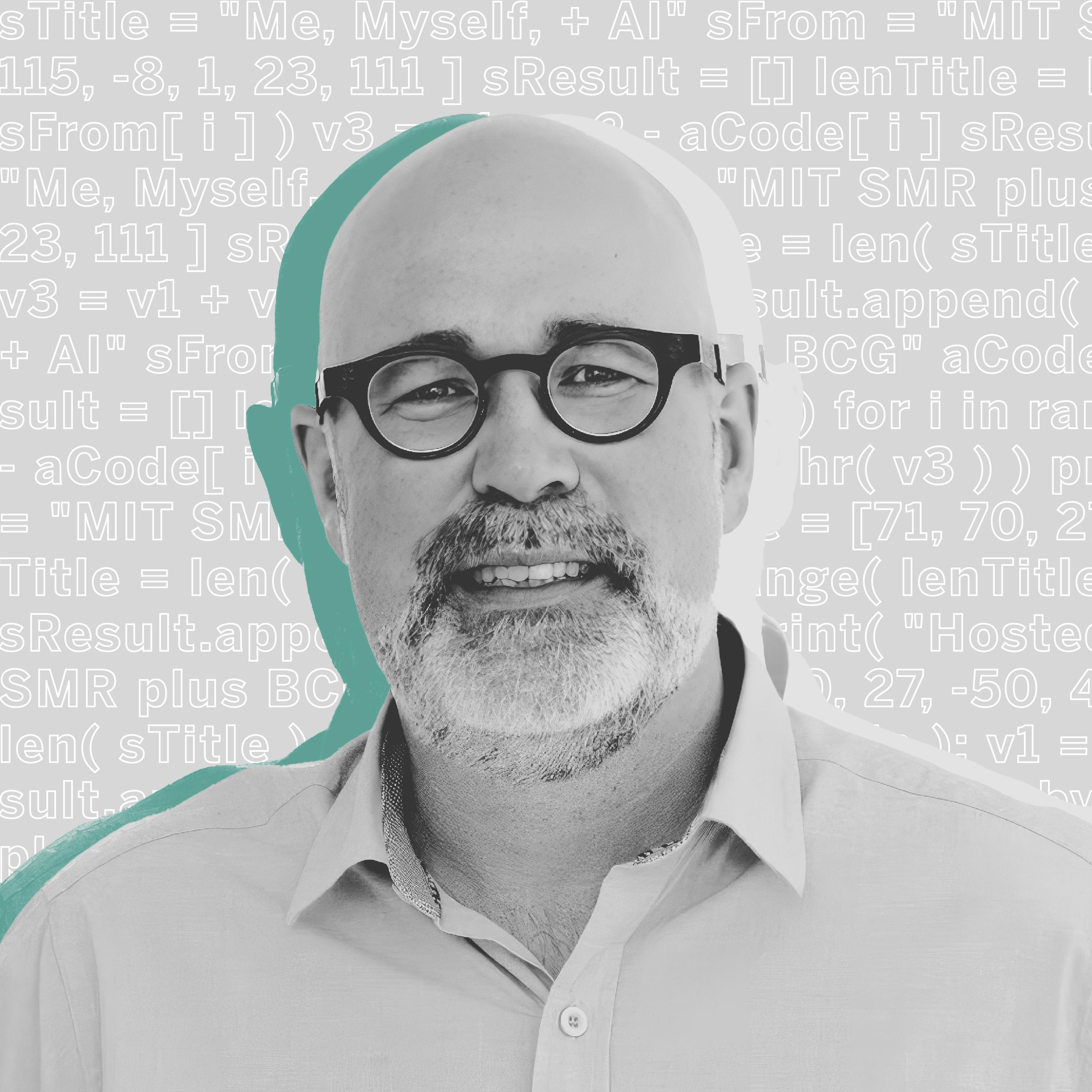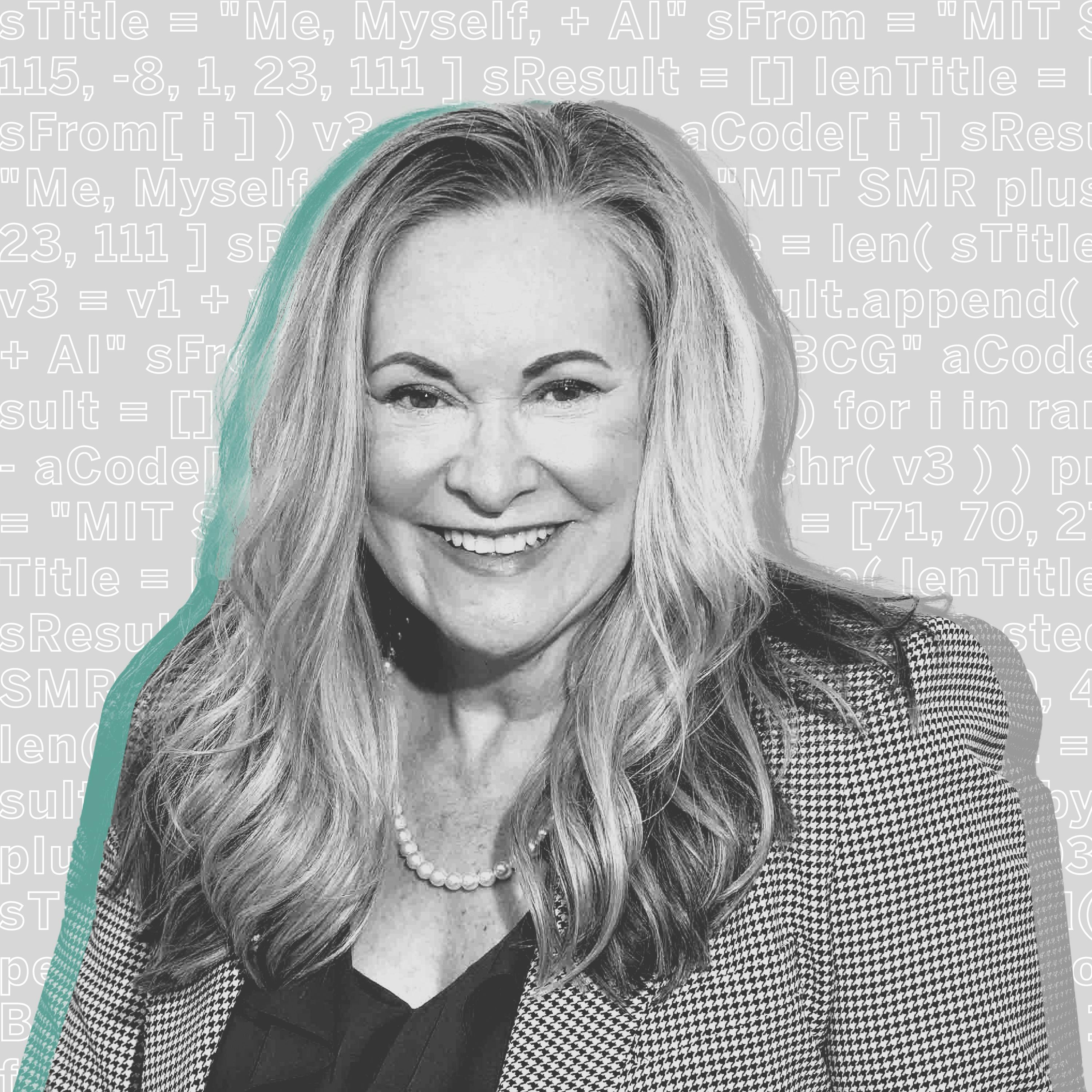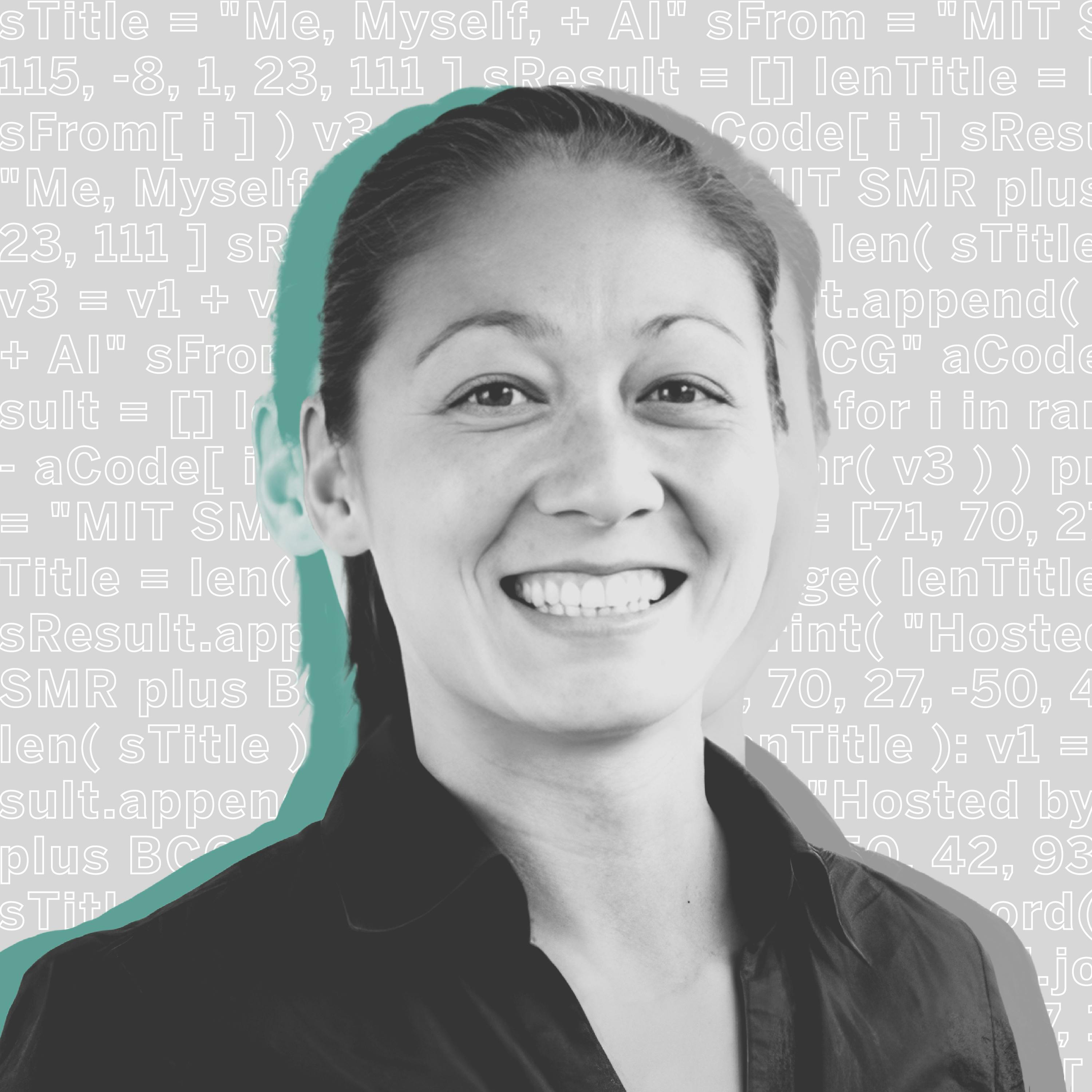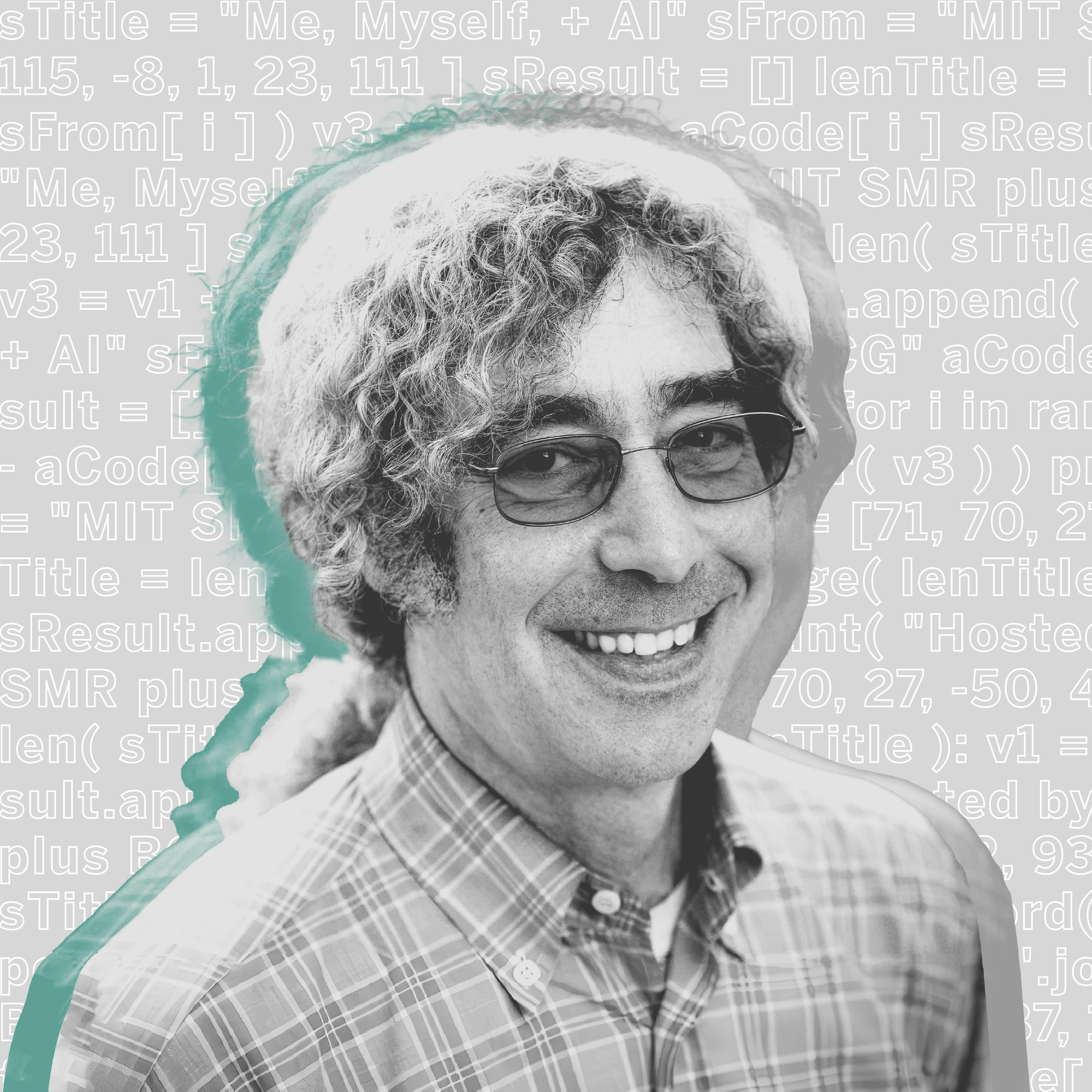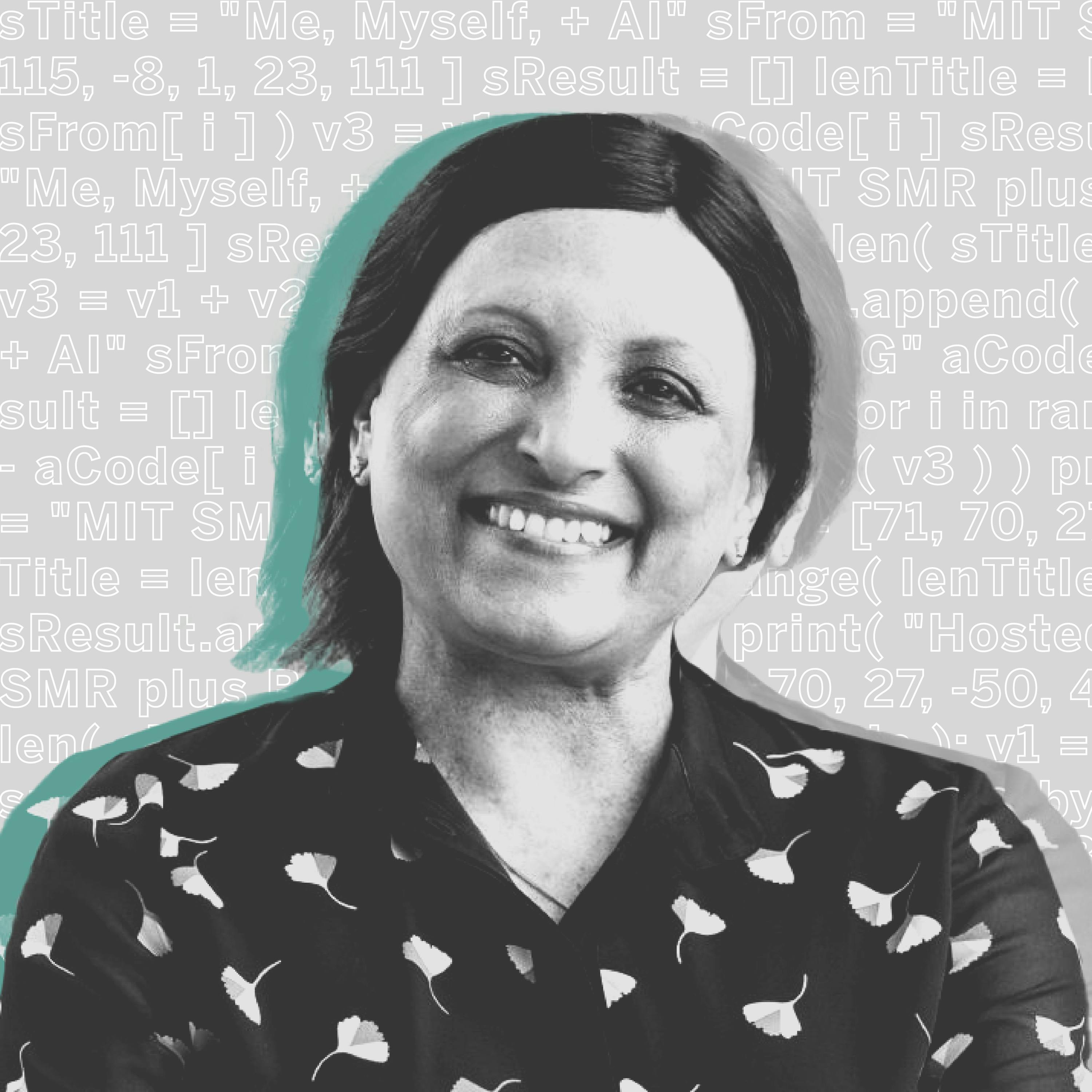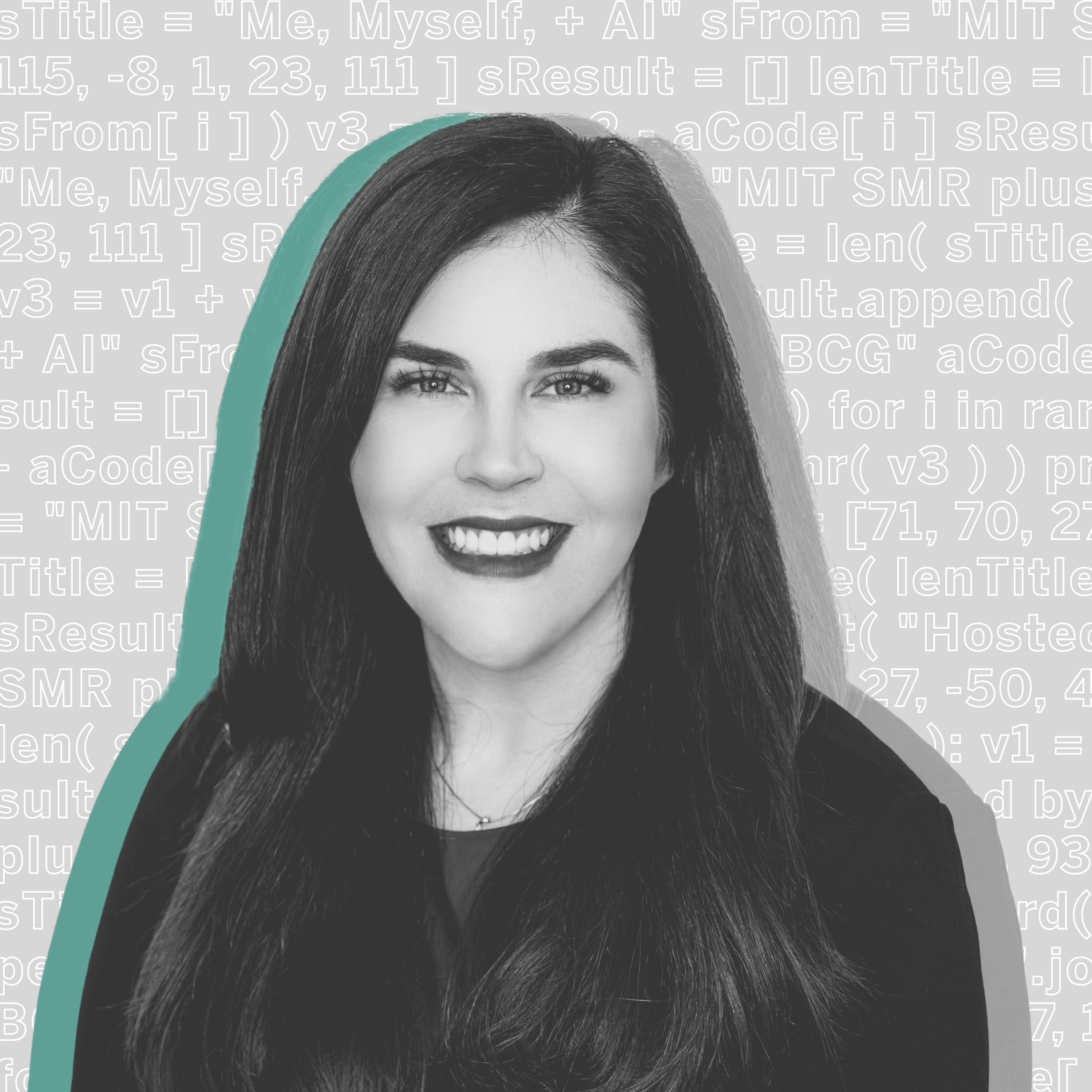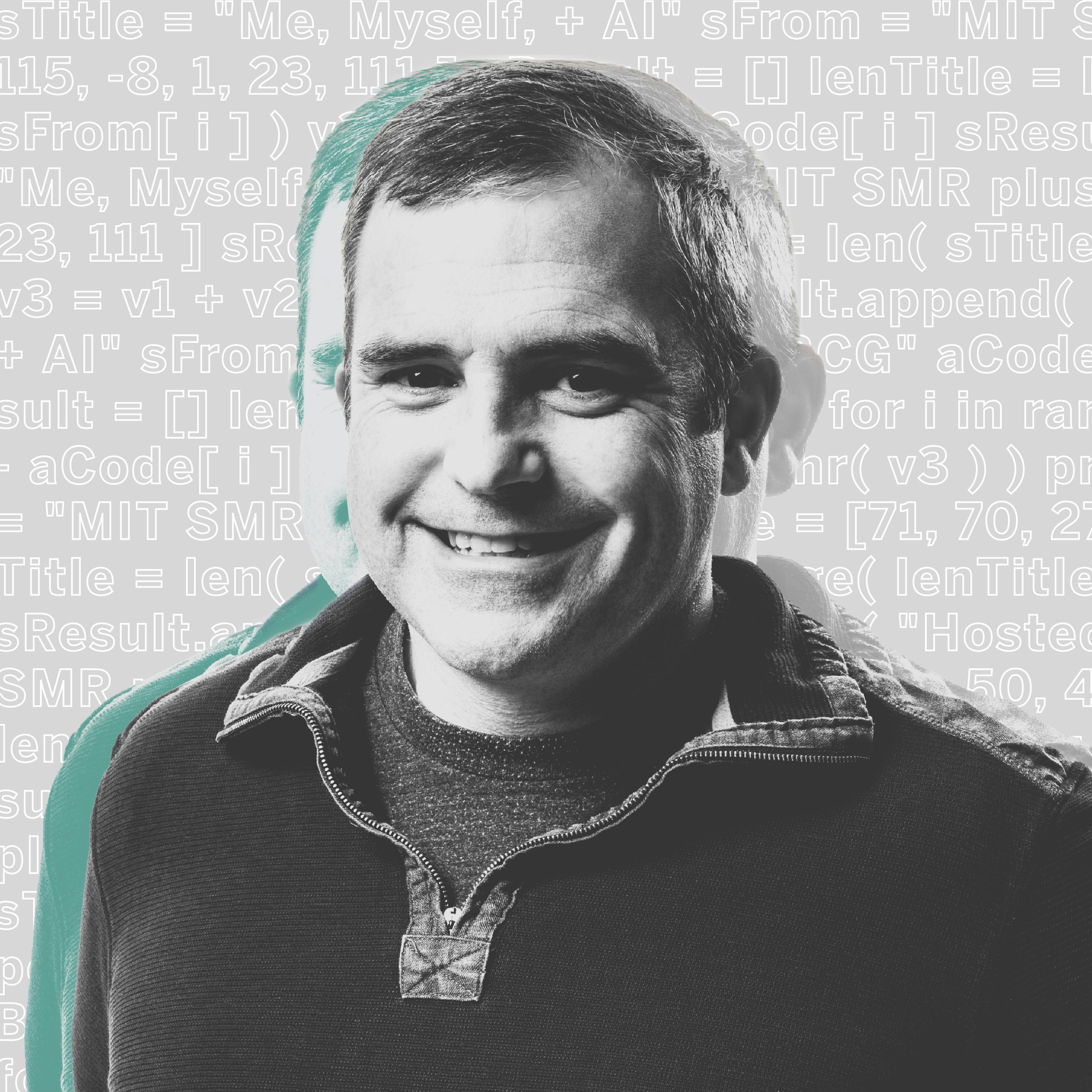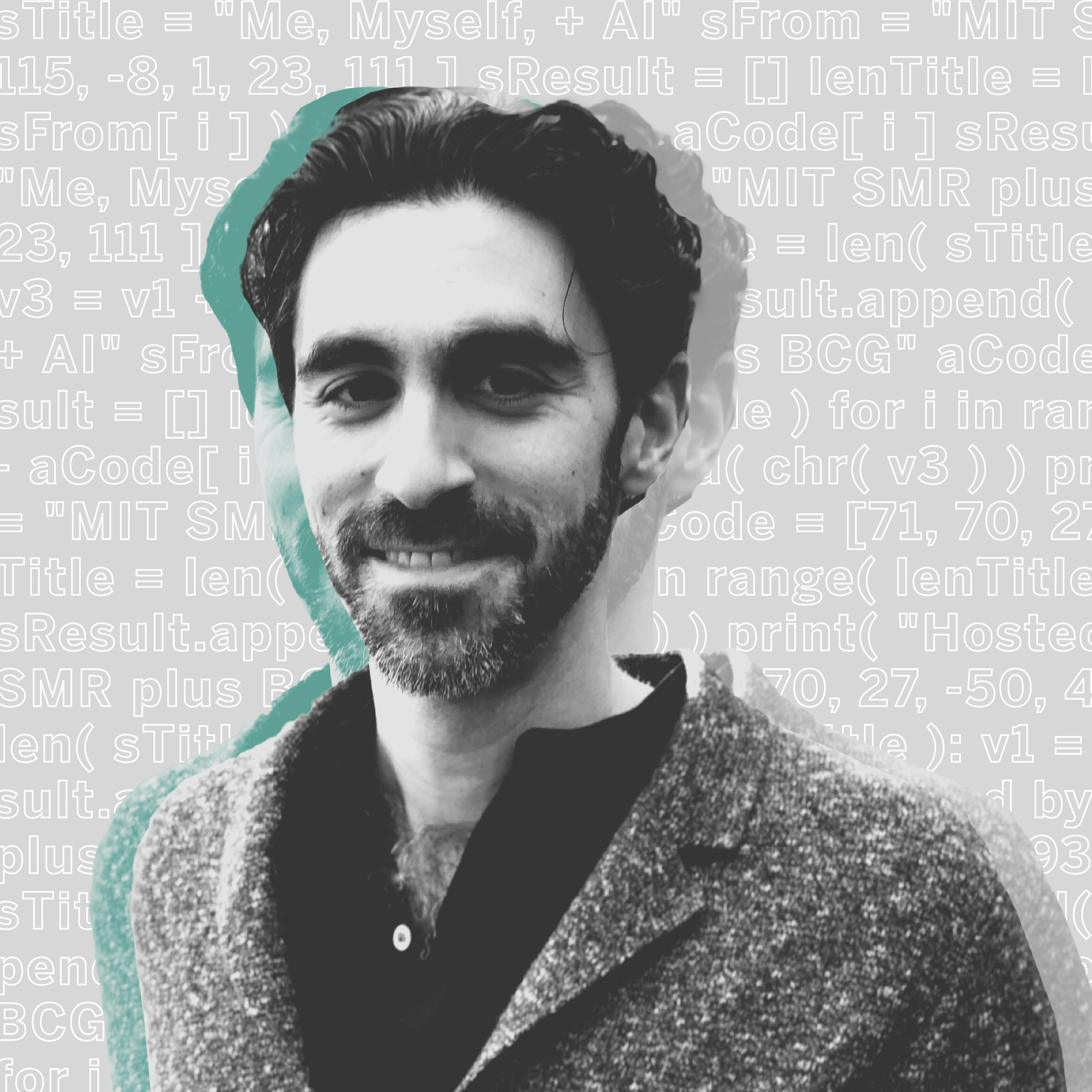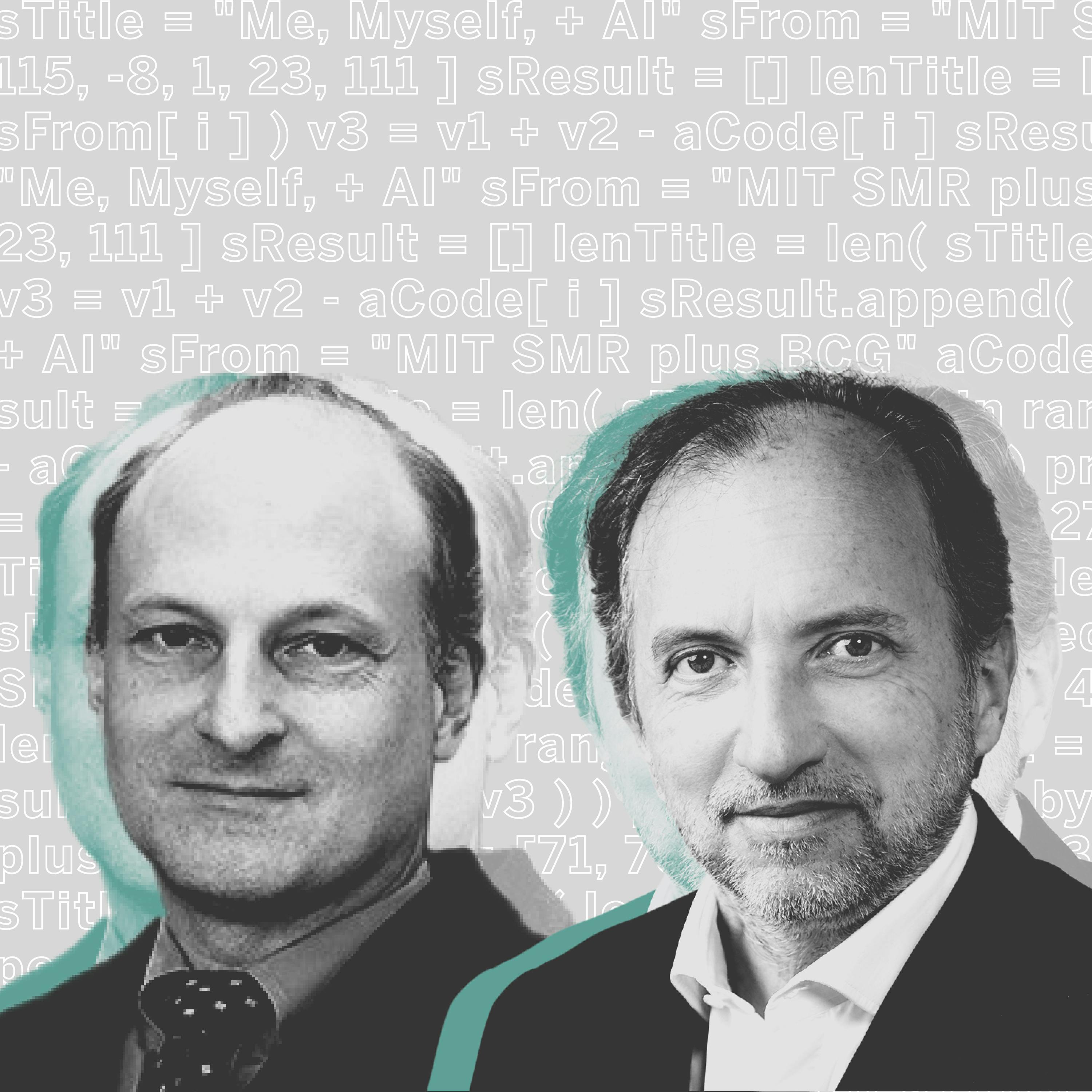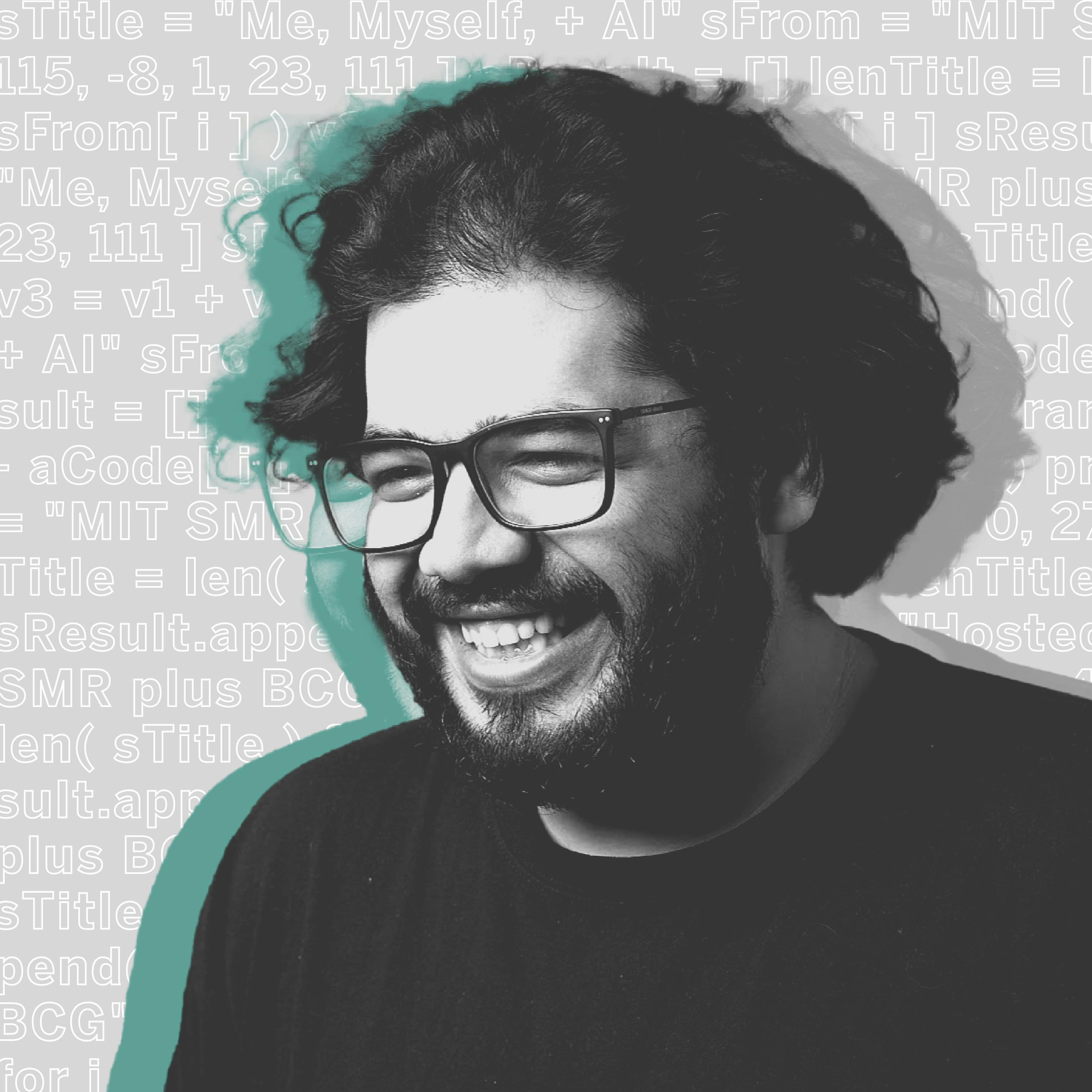Making 600 Billion Decisions With AI: Expedia Group’s Rathi Murthy
Rathi Murthy has always been passionate about technology roles that allow her to drive business transformation and improve customer experience. In her current role as CTO and president of Product & Technology for Expedia Group, she’s able to do both. One of her key goals is to enhance and unify the end-user experience across Expedia’s many brands, among them Hotels.com, Vrbo, and Travelocity. Another transformation goal: helping to modernize the entire travel industry by making Expedia’s AI technology available to B2B partners throughout the travel ecosystem, such as hotels, airlines, car rental companies, and cruise lines.
Expedia Group’s travel platform processes more than 600 billion AI predictions each year and relies on AI and machine learning technology to provide a range of services, including fraud prevention, customer service through virtual agents, flight price comparisons, and quick and seamless travel booking. Rathi joins Sam and Shervin to explain how Expedia Group is using artificial intelligence to continually improve the customer experience for travelers and travel providers alike. Read the episode transcript here.
New! For specific takeaways from this episode and guidance on how you can implement them in your own work, download our episode toolkit here.
Me, Myself, and AI is a collaborative podcast from MIT Sloan Management Review and Boston Consulting Group and is hosted by Sam Ransbotham and Shervin Khodabandeh. Our engineer is David Lishansky, and the coordinating producers are Allison Ryder and Sophie Rüdinger.
Stay in touch with us by joining our LinkedIn group, AI for Leaders at mitsmr.com/AIforLeaders or by following Me, Myself, and AI on LinkedIn.
Guest bio:
Rathi Murthy is CTO and president of Expedia Product & Technology. In this role, she focuses on accelerating Expedia Group’s Open World platform, developing accessible and equitable products, and delivering quality experiences for travelers, partners, and developers.
Previously, as CTO, she oversaw Verizon Media’s global technology strategy, including its platform technology and infrastructure and innovations in 5G. As CTO at Gap Inc., she developed an end-to-end technology strategy for its portfolio of brands. She has also held senior technology leadership roles at American Express, eBay, Yahoo, Sun Microsystems, and WebMD.
Murthy currently sits on the board of directors for PagerDuty. She has a master’s degree in computer engineering from Santa Clara University.
We encourage you to rate and review our show. Your comments may be used in Me, Myself, and AI materials.
We want to know how you feel about Me, Myself, and AI. Please take a short, two-question survey.

33m